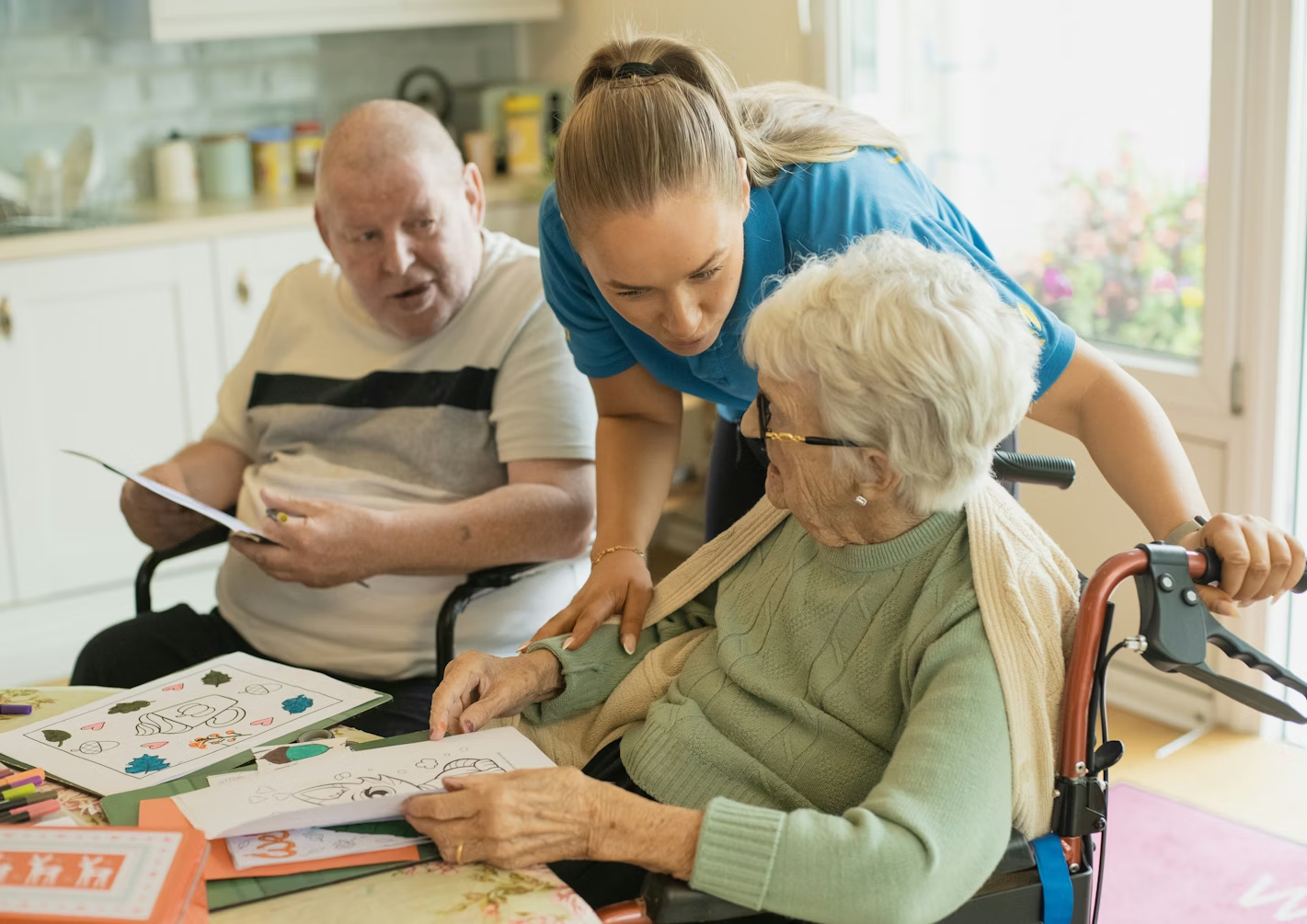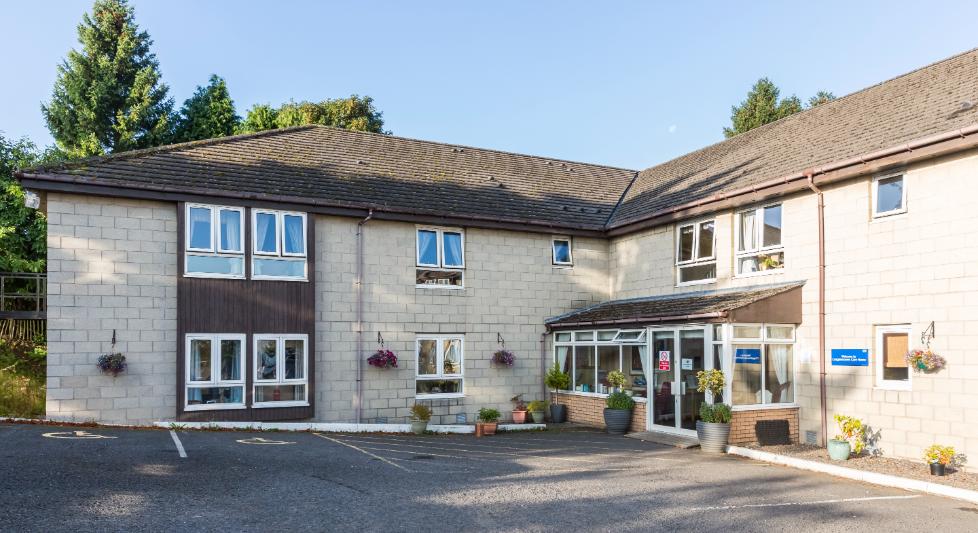The Importance of Wellbeing Coordinators in Care Homes
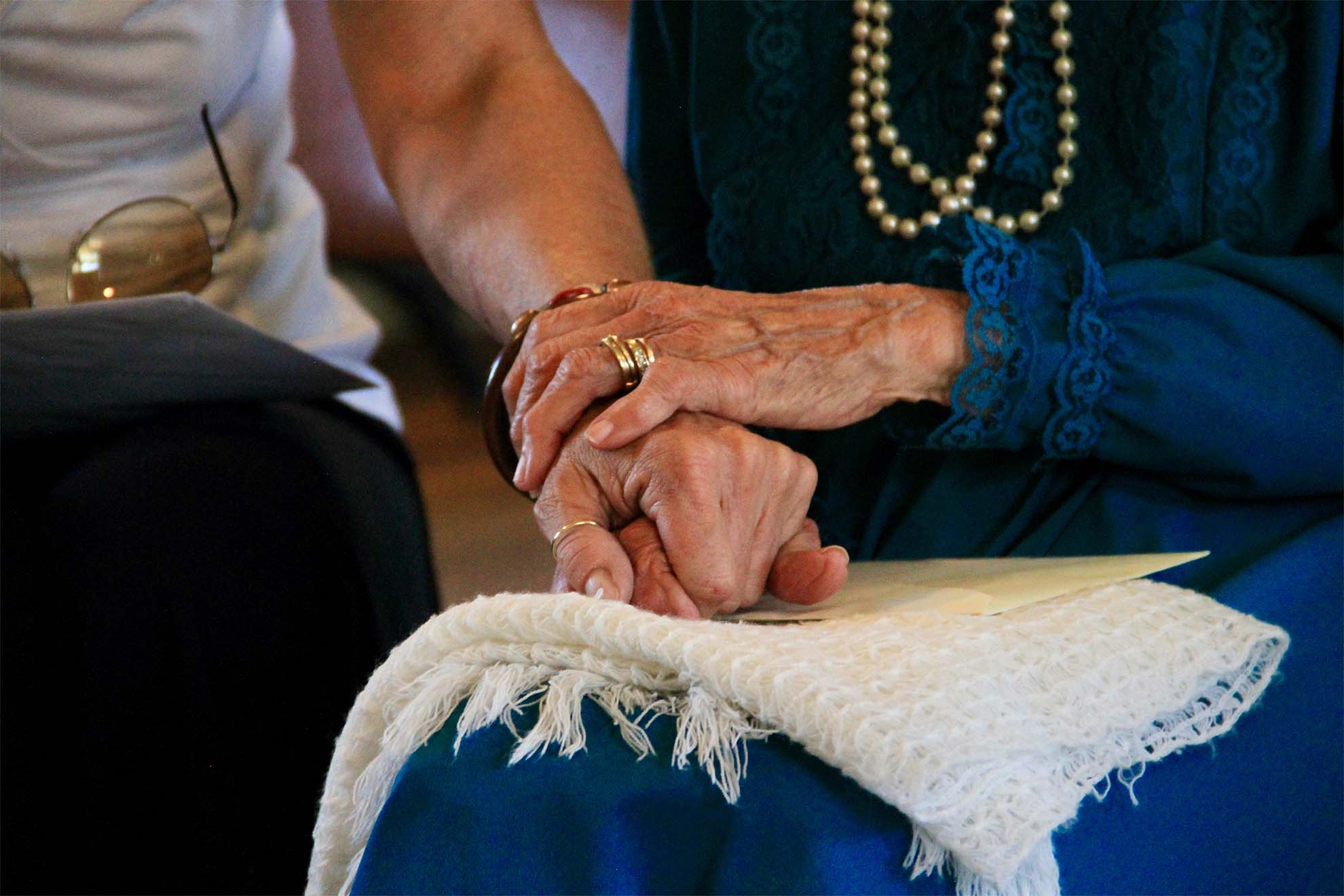
Care homes are more than just places that provide medical support and accommodation for older adults; they are communities where people live, connect, and continue to enjoy life. At the heart of creating a fulfilling and supportive environment is the wellbeing coordinator role, which has become an essential part of modern care homes. These dedicated staff members play a key role in ensuring residents’ mental health, physical health, and emotional needs are met.
In this blog, we’ll explore the importance of wellbeing coordinators, what their responsibilities involve, and how they work closely with healthcare providers, families, and the local community to enhance the daily lives of residents at Craigieknowes Care Home.
What is a Wellbeing Coordinator?
A wellbeing coordinator—sometimes referred to as an activity coordinator—is a trained professional whose responsibilities focus on the wellbeing of care home residents. While healthcare professionals such as nurses and carers concentrate on medical support, medication management, and clinical needs, wellbeing coordinators complement this work by focusing on the emotional, social, and physical wellbeing of individuals.
Their job is not only to plan and deliver engaging activities but also to create initiatives that encourage residents to stay active, connect with others, and enjoy a sense of purpose. They also act as a vital point of contact for families and other staff members, ensuring residents receive the best quality care that reflects their individual needs.
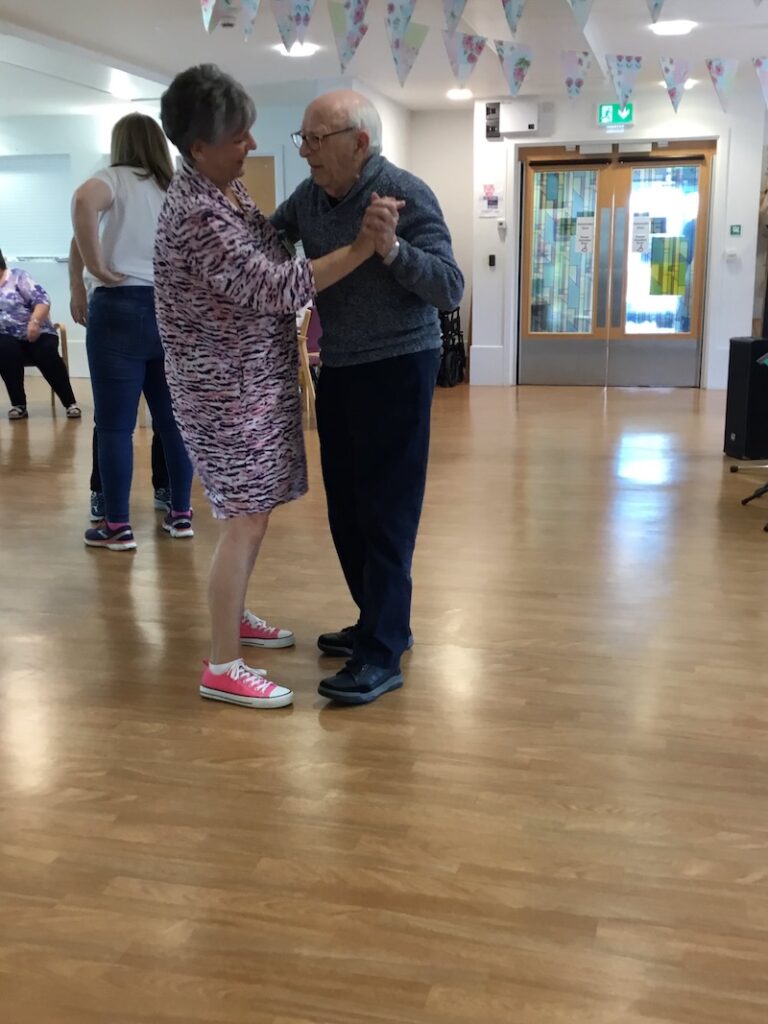
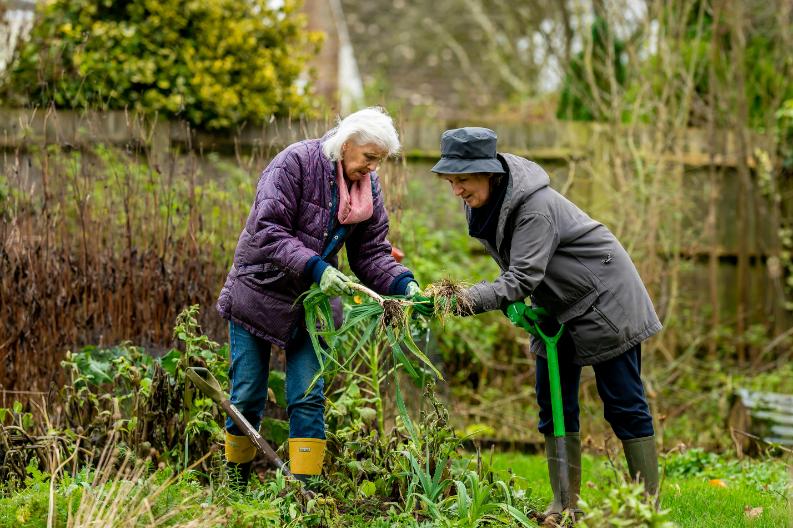
The Importance of Wellbeing Coordinators in Care Homes
The importance of wellbeing coordinators cannot be overstated. They hold an important role in promoting wellbeing and improving the quality of life for care home residents. Here are some of the ways they make a difference:
1. Supporting Mental Health
Good mental health is just as important as physical health. Wellbeing coordinators organise a range of activities—from reminiscence groups and art therapy to music sessions and one-to-one conversations—that help patients and residents maintain a positive outlook. These sessions can reduce feelings of loneliness, boost self-esteem, and provide opportunities to spend time with friends, staff members, and families.
2. Promoting Physical Wellbeing
Keeping active is essential for maintaining physical wellbeing and reducing the risk of health issues. Wellbeing coordinators develop exercise programmes tailored to each resident’s individual needs, whether through gentle physical exercise, chair-based movement, or group walks in the community. By motivating residents to stay active, coordinators help maintain mobility, strength, and independence.
3. Enhancing Social Connections
A care home should feel like a community, and wellbeing coordinators are responsible for creating opportunities that strengthen relationships. From organising group events and celebrations to arranging visits with the local community, they help residents feel connected and engaged.
4. Working Closely with Healthcare Professionals
Wellbeing coordinators work closely with healthcare providers, nurses, therapists, and other staff members to ensure residents receive well-rounded care. By maintaining accurate records of activities and outcomes, they help the wider team monitor progress and adapt plans to suit changing individual needs.
5. Providing Additional Support
Sometimes residents require additional support beyond medical care. Wellbeing coordinators act as advocates, making sure residents’ voices are heard. They also communicate effectively with families, ensuring that everyone is aware of the initiatives in place to support their loved ones.
/
The Responsibilities of a Wellbeing Coordinator
The well-being coordinator role involves a wide range of responsibilities, including:
- Planning and delivering meaningful activities that focus on mental, social, and physical well-being.
- Keeping accurate records of resident participation and outcomes.
- Creating events and initiatives that involve the local community.
- Offering education and development opportunities for residents, such as talks, workshops, or hobby groups.
- Ensuring safety and inclusivity during activities.
- Motivating and encouraging residents to take part, even when they face challenges.
- Working with other staff members, healthcare providers, and therapists to tailor activities to individual needs.
This important role requires excellent communication skills, creativity, and the ability to adapt.
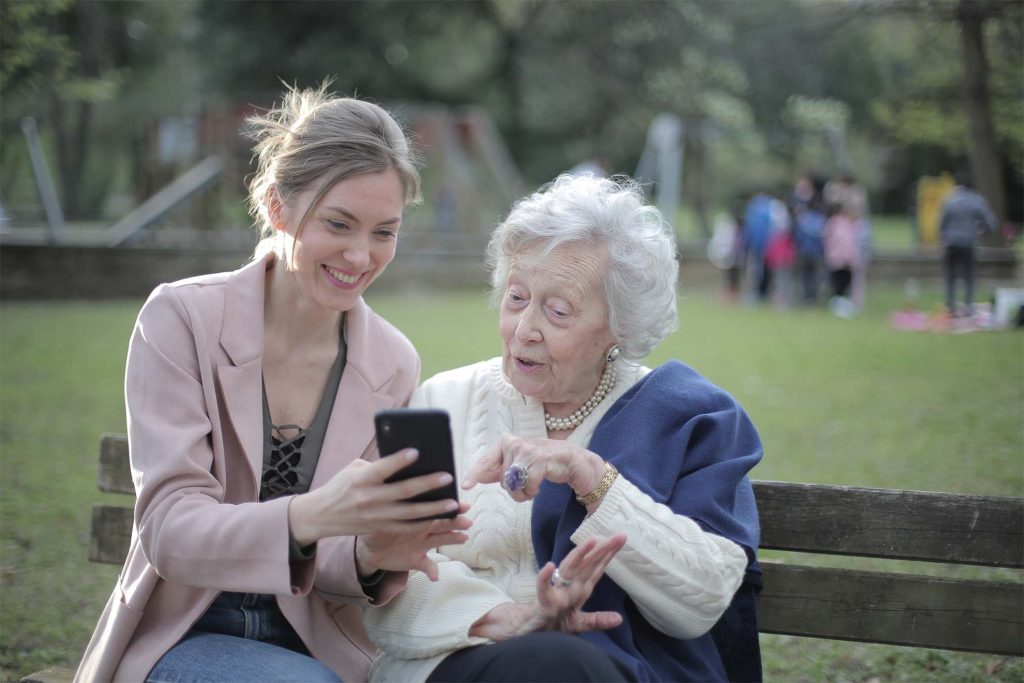
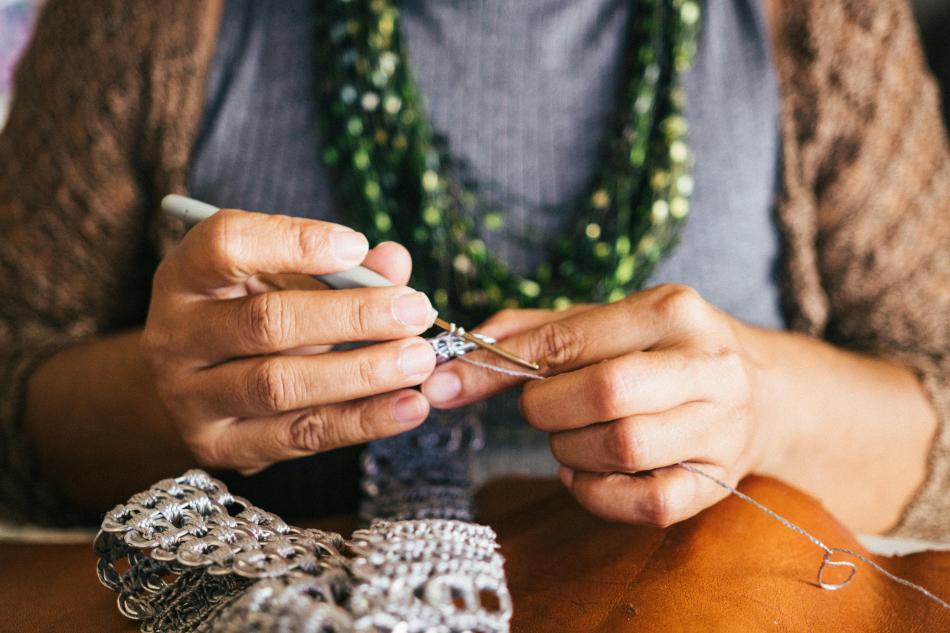
The Benefits of a Wellbeing Coordinator
The presence of a wellbeing coordinator offers significant benefits for residents, families, and the wider care home team.
For Residents
- Improved mental health through reduced loneliness and increased happiness.
- Better physical health through regular activity.
- A stronger sense of belonging and purpose in daily lives.
- More opportunities to build relationships with friends and staff members.
For Families
- Reassurance that their loved ones are receiving the best quality care that goes beyond medical support.
- Confidence that their relatives are engaged, active, and content.
- Opportunities to join in with activities and remain part of their loved one’s life.
For Staff and Healthcare Providers
- A more cohesive team where everyone works together effectively.
- Clear and accurate records of wellbeing activities to support holistic care.
- A stronger workplace culture that values creativity, compassion, and development.
The Skills and Qualifications of a Wellbeing Coordinator
While there is no single route into this career, many wellbeing coordinators have backgrounds in health, education, or community work. Key skills include:
- Strong interpersonal and communication abilities to engage and motivate residents.
- Creativity to develop activities that suit a wide range of interests.
- Organisation and planning skills to manage events and keep processes running smoothly.
- Awareness of safety and the ability to assess risk during activities.
- The capacity to work closely with other staff members, healthcare professionals, and therapists.
Some may also pursue formal qualifications in health and social care, activity provision, or mental health awareness, which enhance their ability to deliver the best quality support.
Building Strong Community Links
An important part of the well-being coordinator’s role is fostering ties with the local community. By inviting schools, volunteers, and community groups into the care home—or by arranging outings—residents stay connected to life outside the home. These initiatives not only provide joy and stimulation but also remind residents that they are a valued part of society.
Challenges of the Wellbeing Coordinator Role
Like any important role, being a wellbeing coordinator comes with its challenges. Some residents may be reluctant to join in activities, while others may face health limitations. Coordinators must balance these challenges while ensuring no one feels excluded.
Additionally, creating a varied calendar of events requires time, resources, and continuous creativity. Yet despite these challenges, the role is deeply rewarding, as the positive impact on residents’ daily lives is clear.
Why Wellbeing Coordinators are an Essential Part of Care Homes
At Craigieknowes Care Home, we believe that wellbeing is not just about healthcare—it’s about supporting the whole person. Wellbeing coordinators are an essential part of achieving this vision. By focusing on mental, physical, and emotional well-being, they ensure residents live fulfilling lives, surrounded by care, companionship, and joy.
Their key role in bridging the gap between clinical care and everyday life makes them indispensable. They create, develop, and promote opportunities for residents to thrive, ensuring that care homes are not just places to live, but places where life continues to be meaningful.
The Essential Role of Wellbeing Coordinators
The importance of wellbeing coordinators lies in their ability to see the bigger picture of care. They are responsible for ensuring residents are not only safe and healthy but also happy, engaged, and connected. Through their creativity, compassion, and collaboration with healthcare professionals and the local community, they bring immeasurable value to care homes.
At Craigieknowes Care Home, our wellbeing team is dedicated to enhancing the daily lives of our residents, ensuring they experience the best quality of life possible. Whether it’s through a group activity, a quiet conversation, or a community event, our wellbeing coordinators play a truly important role in every resident’s journey.



